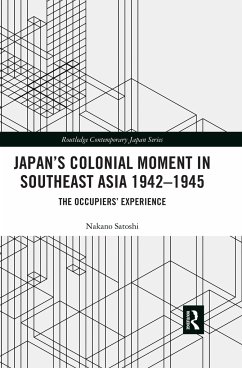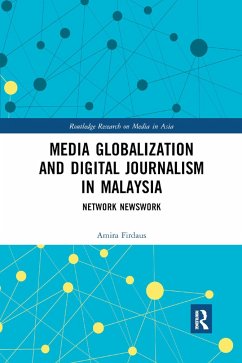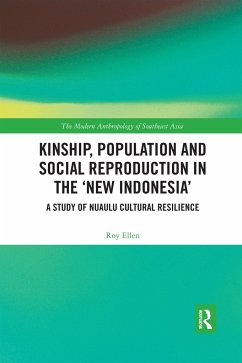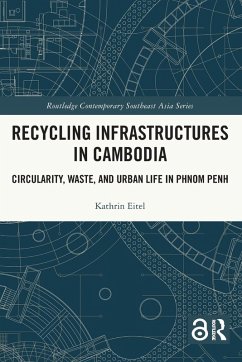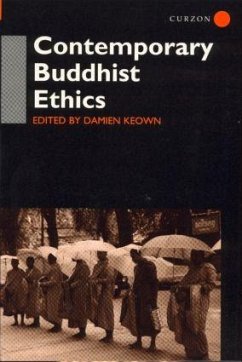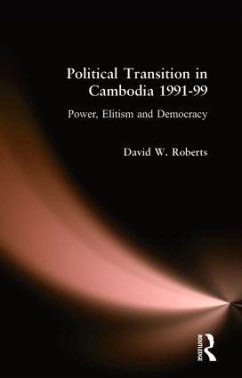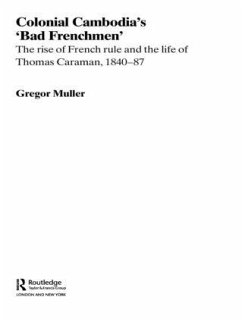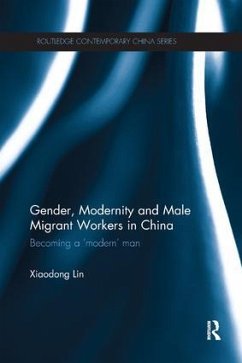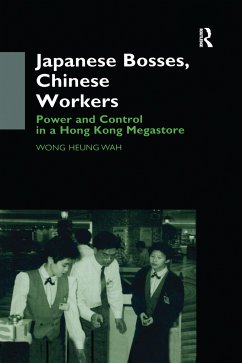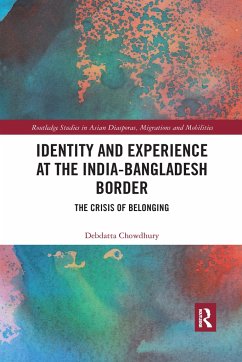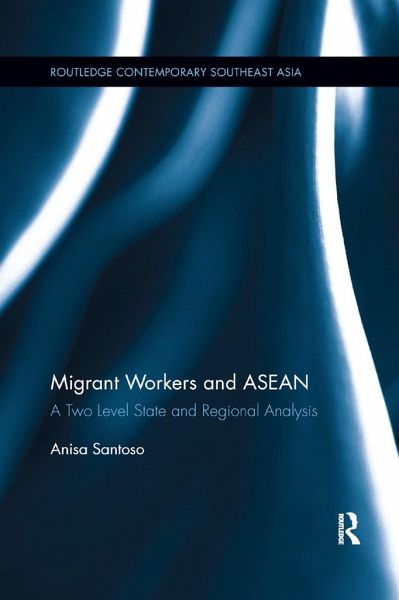
Migrant Workers and ASEAN
A Two Level State and Regional Analysis
Versandkostenfrei!
Versandfertig in 1-2 Wochen
55,99 €
inkl. MwSt.
Weitere Ausgaben:

PAYBACK Punkte
28 °P sammeln!
ASEAN (The Association of Southeast Asian Nations) has made slow progress in defining a regional policy for the protection of migrant workers. This book examines the normative structures within the institutions at play at both state and regional level of ASEAN, which influence the making of a migrant workers' protection policy.The author puts forward a novel alternative policy analysis tool - the Two Level State and Regional Analysis - that enables satisfactory explanation for policy-making cases, whereby normative institutional structures are involved and social policies are considered. The a...
ASEAN (The Association of Southeast Asian Nations) has made slow progress in defining a regional policy for the protection of migrant workers. This book examines the normative structures within the institutions at play at both state and regional level of ASEAN, which influence the making of a migrant workers' protection policy.The author puts forward a novel alternative policy analysis tool - the Two Level State and Regional Analysis - that enables satisfactory explanation for policy-making cases, whereby normative institutional structures are involved and social policies are considered. The author argues that the formulation of a working coherent migrant workers protection policy has not been achieved because of the presence of normative institutional structures with ideas unsupportive to the protection of migrant workers, which results in a slow institutionalisation process. Although the migrant workers in question are their citizens, and migrant sending countries are supposed to have more supportive normative structures for workers protection, the author finds that when examined closesly, institutions in both migrant sending and receiving countries tend to have normative structures that are against workers protection. These arguments drive the analytical questions of the book to inquire about the forms of the normative structures involved and their influence in the relevant institutions. A unique contribution to the study of ASEAN and migration in Southeast Asia, this book will be of interest to academics in the field of Social Policy, Migration Studies and Asian Studies, in particular Southeast Asian Studies.





